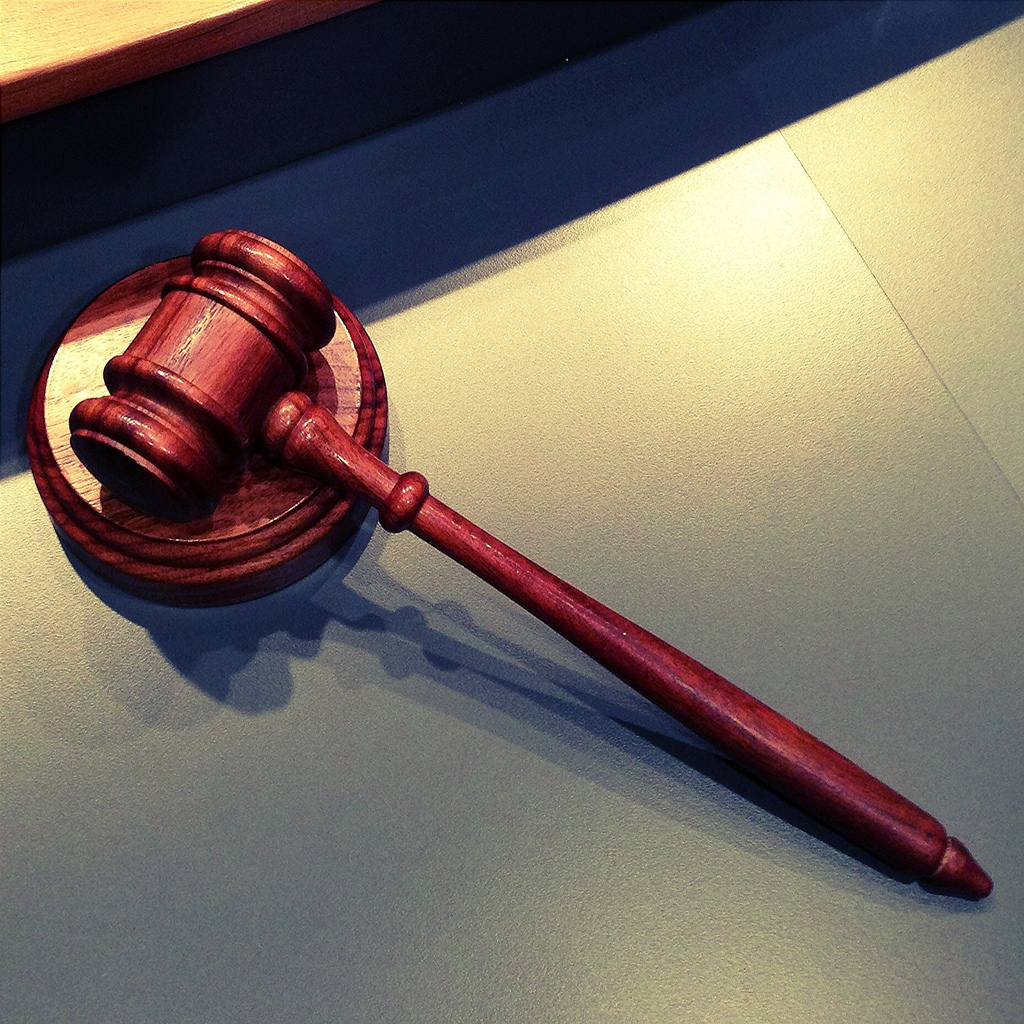“Can capital punishment ever be justified?”
June 11 Jake Elson, 23, a Commonwealth Correspondent from Bunbury in Australia, questions whether the execution of a person, as mandated by the state, can ever be considered fair punishment.
Jake Elson, 23, a Commonwealth Correspondent from Bunbury in Australia, questions whether the execution of a person, as mandated by the state, can ever be considered fair punishment.
Throughout history, there has been no subject as strongly emotive and passionate as the one of whether or not to abolish the death penalty. We live in a world where, to quote Gilbert and Sullivan, we let the punishment fit the crime.
During a period of seven years, Ivan Milat was responsible for the abduction and murder of seven females, unceremoniously burying them in the Belanglo State Forest, in New South Wales, Australia. In 1996, he was sentenced to seven consecutive life sentences without parole for 18 years.
Compare Milat’s story to the case of Myuran Sukumaran and Andrew Chan, who were arrested for attempting to smuggle drugs into Indonesia alongside seven others. As ringleaders, they were sentenced to death. Whilst waiting for the sentence to be carried out, both Sukumaran and Chan became model prisoners, both teaching other prisoners a variety of subjects from English and Computer Skills to Philosophy and Religion.
The point of this comparison is to illustrate that maintaining one stance over the other is near-on impossible due to the difference of the crimes committed. However, if there is moral justification in some circumstances for capital punishment, is the manner in which it is currently implemented even suitable? And even if it is, what about the effects on others?
The best resource to help guide one’s thinking on this subject is a play by the Irish playwright and writer Brendan Behan, called The Quare Fellow. Rather than focus on the condemned person (whom is deliberately not seen until the execution, and doesn’t have a word in the entire play), the focus is on the guards and the condemned man’s wife.
When questioned about his belief in execution by a young, more naive protege, the senior guard, Mr. Regan, responded: ‘I don’t believe in murder at any time’, an interesting response despite taking part in 14 executions previously.
As the day gets closer, the stress and frustrations among everyone gets even more noticeable. It is a story commonplace with many involved with the condemned – in fact, the guards of Chicago serial killer H.H. Holmes were reported to be in tears as he was led to the gallows.
The actual judicial process is also problematic. In the West Indies, many politicians see the enforcement of capital punishment as an easy way of looking like they are enforcing justice, regardless of whether or not a crime is worth it. Recently, in the United States, Arkansas Governor Asa Hutchinson was determined to rush through 11 executions in 8 days, because the drugs for lethal injection were set to expire. While several lethal injections were completed, the execution of many were controversial because it gave the impression of rushing justice.
In India and Japan, for example, safeguards are in place to ensure capital punishment is reserved for only the ‘rarest of the rare’. Still, oversights and heightened public emotions mean that mistakes can be made.
The Catholic Church, through John Paul II’s Evangelium Vitae, and recent Catholic Catechism, still accepts capital punishment in circumstances where it is the only way to protect society. One would also argue that having the taxpayer be held responsible for the upkeep for a violent serial killer is an affront to society. However, justice, be it the judge, jury, police, politicians, or the general public, are not infallible. Mistakes are a natural part of being human. Even if you are morally supportive of capital punishment, condemning a person should be a pragmatic decision. If a person is to be condemned, it should only be as a last resort, even if for murder. Otherwise, it debases the very concept of justice.
Photo credit: cplong11 78/365: Gavel via photopin (license)
…………………………………………………………………………………………………………………
About me: I am a history buff, but also am into soccer. I referee soccer, and would like to go FIFA one day. I’m currently studying politics and international relations at Edith Cowan University. My aim is to become a police officer in Western Australia, and I would like to be Prime Minister one day.
I am a Conservative and a Monarchist, and believe in the role of the Commonwealth as a tool for good.
…………………………………………………………………………………………………………………
Opinions expressed in this article are those of the author and do not necessarily represent the views of the Commonwealth Youth Programme. Articles are published in a spirit of dialogue, respect and understanding. If you disagree, why not submit a response?
To learn more about becoming a Commonwealth Correspondent please visit: http://www.yourcommonwealth.org/submit-articles/
…………………………………………………………………………………………………………………




